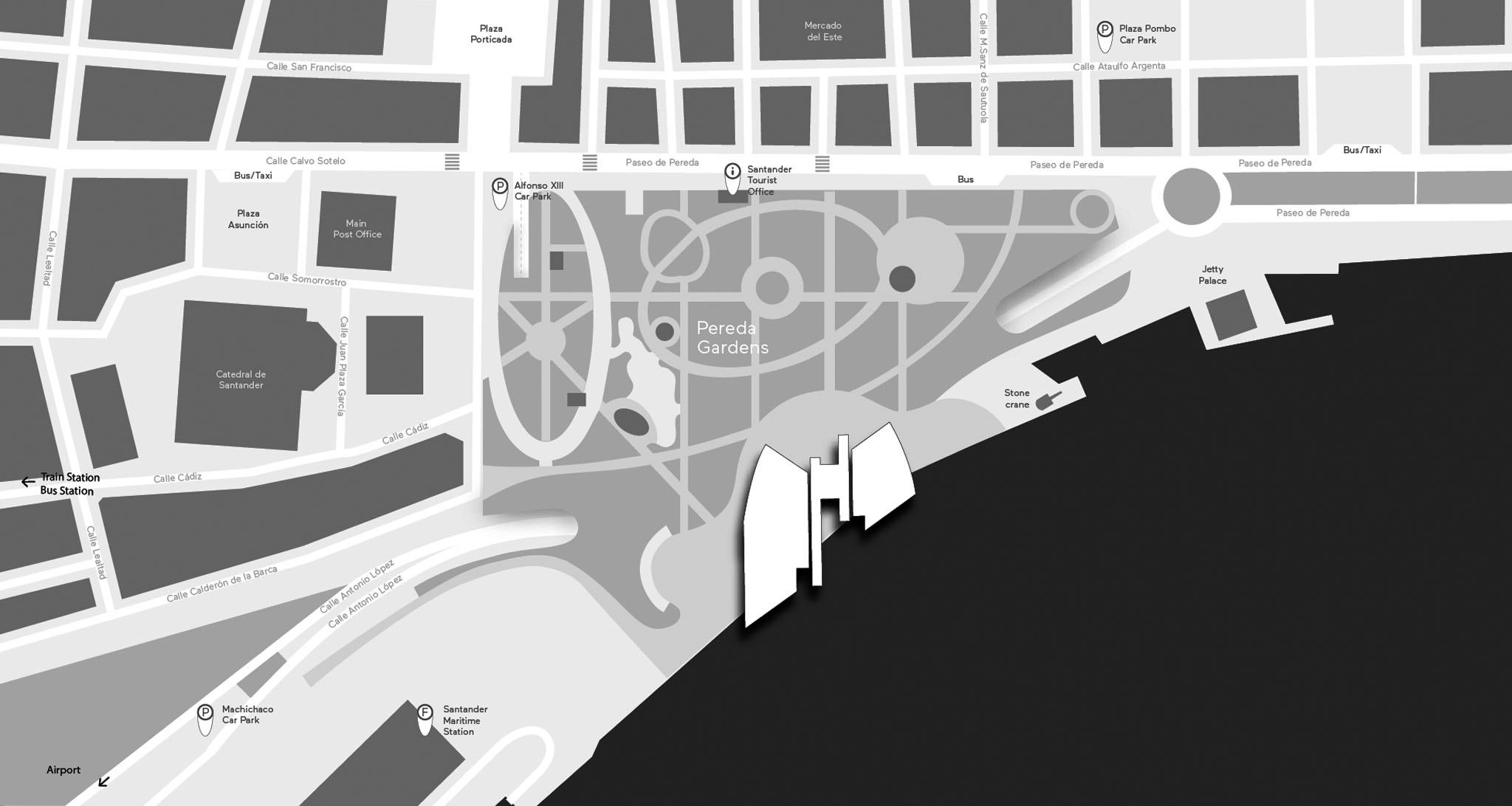
Ana Santos
ESPINHO, PORTUGAL, 1982
A figure stands in front of us. Its presence in space is organized around a vertical axis. The figure invites us to circulate around it. We get closer and start to observe: it is a somewhat restrained figure whose drapery and elongated proportions makes us think of an Ionic column.
The charioteer wears a long tunic that reaches down to his ankles. The hemline cuts straight through the folds arranged with architectural accuracy. The vertical pleats in the lower part of the tunic emphasize the verticality of this freestanding figure. Below the garment, the solid stance of the feet sustains a delicate twist of the body.
A wide belt tightens the tunic above the waist, dividing the figure into two parts. His right arm is bent, the hand holding a fragment of the reins. Two bands go over the shoulders as suspenders and crisscross in the back, keeping the garment from blowing in the wind.
Now the attention is focused on the face of the figure, crowned by a silver headband. His eyes are made of semiprecious stones; copper filaments draw the eyelashes.
The figure shimmers

